No More Punishment
Is God punishing you? Have you ever felt that He is? Have you ever done something and then later believed that God was punishing you? Punishment requires judgment and, as believers in Christ, we have been delivered from God’s judgment. Discipline for sin, however, remains, but this carries an important distinction. As opposed to rendering a sentence for an adjudged crime, God’s discipline emanates from a loving Father seeking a relationship with us. God’s discipline is relational, restorative and sanctifying.
When someone places their faith in Christ, they are justified—declared righteous before God. This is based on Christ’s atoning sacrifice, where He bore the penalty for sin on behalf of believers (2 Corinthians 5:21; Romans 8:1). As a result, believers are no longer under God’s wrath or condemnation. God’s justice has been satisfied in Christ, meaning punishment for sin has been fully borne by Jesus on the cross. While believers are not punished in the judicial sense, God disciplines His children as a loving Father (Hebrews 12:5–11). This discipline is not punitive but corrective, aimed at sanctifying believers and helping them grow in holiness.
Believers may still experience the natural consequences of their sins or feel God’s chastening hand in their lives. This is distinct from punishment in that it is intended to lead them to repentance, deeper faith, and greater reliance on God. The weight of judgment that we once carried has been lifted because Christ bore it all on the cross (Romans 8:1). This assurance transforms how we understand God’s actions toward us—not as a judge meting out punishment, but as a loving Father offering discipline for our good (Hebrews 12:6). The focus of God’s actions in our lives is no longer retributive justice but redemptive love. While punishment looks back at sin to exact justice, discipline looks forward to holiness, aiming to make us more like Jesus.
All this may be well and good, but some might ask: Doesn’t discipline still feel the same as punishment? Whether “punishment” or “discipline,” both are wholly unpleasant experiences and sure still seem the same. To that, let’s consider two things.
First, while Romans chapter 6 teaches that, as believers, we are no longer slaves to sin, chapter 7 states that we may still feel captive to the law of sin. To this seeming juxtaposition, I always remember the words of Viktor Frankl, who survived three Nazi concentration camps: “If man aims at what he is, you make him worse. But if man aims at what he should be, he becomes what he can be.” And this is why the distinction between discipline and punishment is so important. As Christ was the Ideal Man, He is our target against the crosswinds of sin. He is our compass, our North Star, the direction in which we aim. We fly towards the Cross. By aiming towards where we should go, though sin will surely buffet us and, at times, even cause us to veer off course, we land at a better place. And when the winds blow us off course, as they will, our plane is not in jeopardy, for there is a Father who loves us enough to pull, or sometimes even yank, the control stick back to our target.
Second, consider the almost incomprehensible enormity of what being freed from God’s judgment truly means. Imagine a courtroom where you are the defendant. Satan is the prosecutor, while God sits as your judge. You take the witness stand as Satan recounts every sin you have ever committed. To each sin, you have no defense and are forced to admit your guilt. Satan turns to God and says, “You have heard the evidence; all these offenses against You. Therefore, I demand judgment: Send him to me!” As God raises the gavel, readying to pronounce sentence, Jesus enters the courtroom, taking the witness stand. There, Christ says, “It is true that all these offenses occurred. I know for I was there when he committed them. But, at some point, this man asked me to be his Savior. So, therefore, take me. Punish me. I will bear his punishment. I offer myself for his sins and will go in his place.”
For believers, there is no more punishment; no judgment. Christ has paid that price. God doesn’t look backwards to what you have done; only forwards, towards a relationship with Him, as your loving Father.
In Christ,
Mort Taylor


